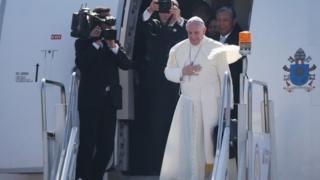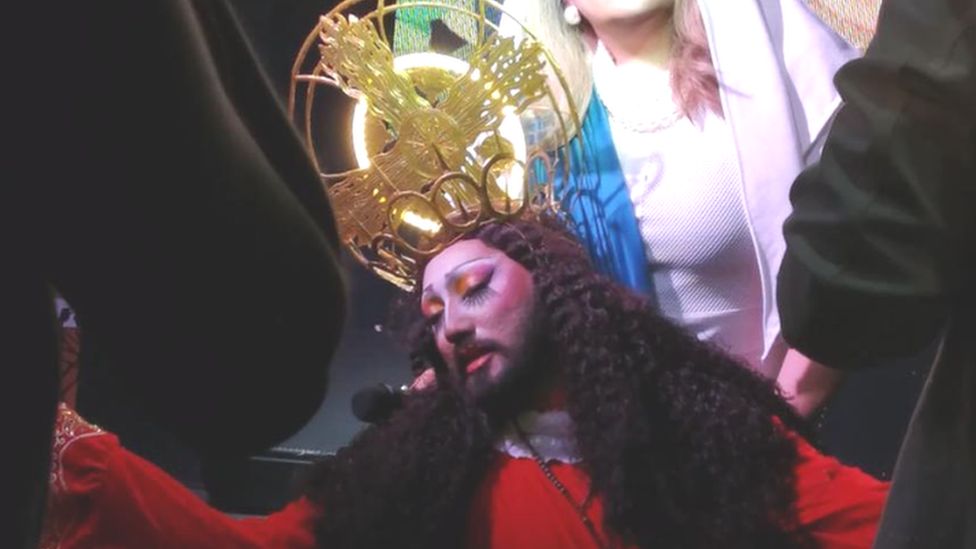
Christian groups in the Philippines are suing a drag queen who dressed as Jesus Christ and performed a rock rendition of the Biblical verse, Lord’s Prayer.
The two criminal complaints accuse the performer, 33-year-old Pura Luka Vega, of “desecrating their religious faith and patron”.
A video of a bearded Luka performing the verse in Filipino went viral last month, causing an uproar.
Luka, who has dressed as Christ before, defended their performance as art.
The latest performance seems to have drawn attention after Luka shared a video of it on X, formerly known as Twitter. It has angered the deeply religious country, where some church leaders and lawmakers have called the performance “blasphemous”.
At the end of July, the Philippines for Jesus Movement, comprising Protestant church leaders, registered the first criminal complaint and sued Luka. The second complaint came this week from a Catholic group, Nazarene Brotherhood.
Philippines, a former Spanish colony, is predominantly Roman Catholic – nearly 80% of the country identifies as such, according to the most recent poll in February.
Days after the video went viral, many cities, including the capital Manila, made Luka “persona non grata”, a symbolic move declaring them no longer welcome in the city.
While it does not actually prevent Luka from entering these cities, it has cost them work, with some clubs cancelling scheduled shows. Drag queens like Luka mostly earn a living by performing in clubs.
In the past, other Philippine artists have been criticised for performances or art that some saw as offensive to the Christian faith. In 2011, visual artist Mideo Cruz drew outrage from the Catholic church for an installation that included crucifixes and phallic symbols.
For decades, drag queens in the country have performed mostly as comedians, impersonating singers and actresses and delivering punchlines in stand-up shows, often at the audience’s expense.
Luka is part of a new generation of drag queens who position themselves as artists using their performances to test the limits of free speech.
Father Jerome Secillano, spokesperson of the Catholic Bishops’ Conference of the Philippines, told the BBC that an expression of faith should contain reverence.
“I know Pura Luka Vega said it was art… What they did was a mockery of our faith,” he said. “We’re calling the act itself offensive, whether it’s done by a man, woman, or a member of the LGBTQ community.”
In response to the backlash, Luka apologised to those who were offended by the Jesus act but defended their right to express their faith.
“What people don’t understand is that Luka grew up with a religious background [and] still practices their faith in their own way,” said Dulcinea Zulueta, who works with Luka. Luka did not wish to speak to the BBC.
Ms Zulueta says they have both received death threats: “I got called an accomplice to a crime just because I supported Luka. We got messages from pastors telling us we’re going to hell.”
Related Topics
-
-
26 June 2018

-
-
-
9 January 2017
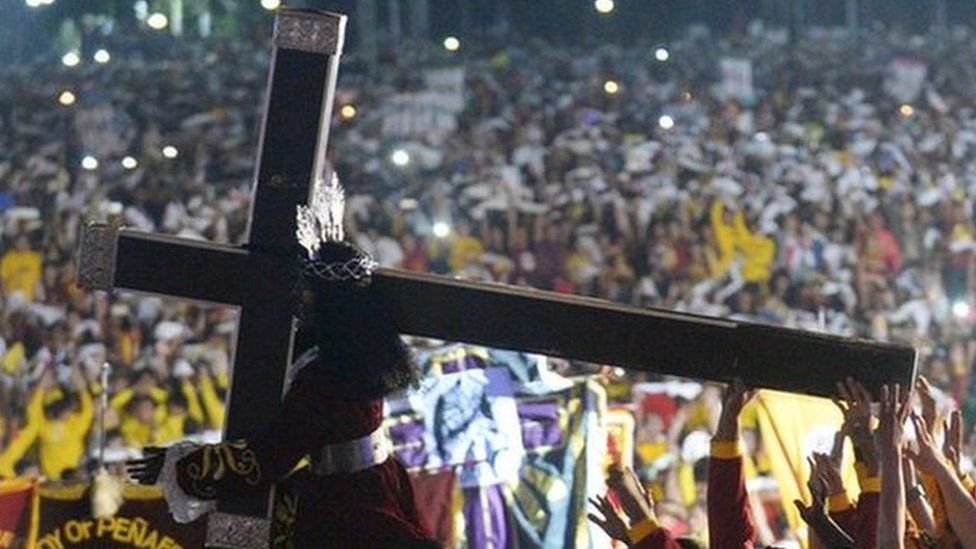
-
-
-
19 January 2015
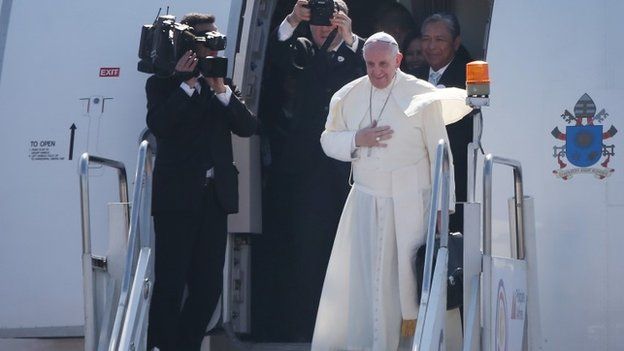
-
-
-
20 August 2017
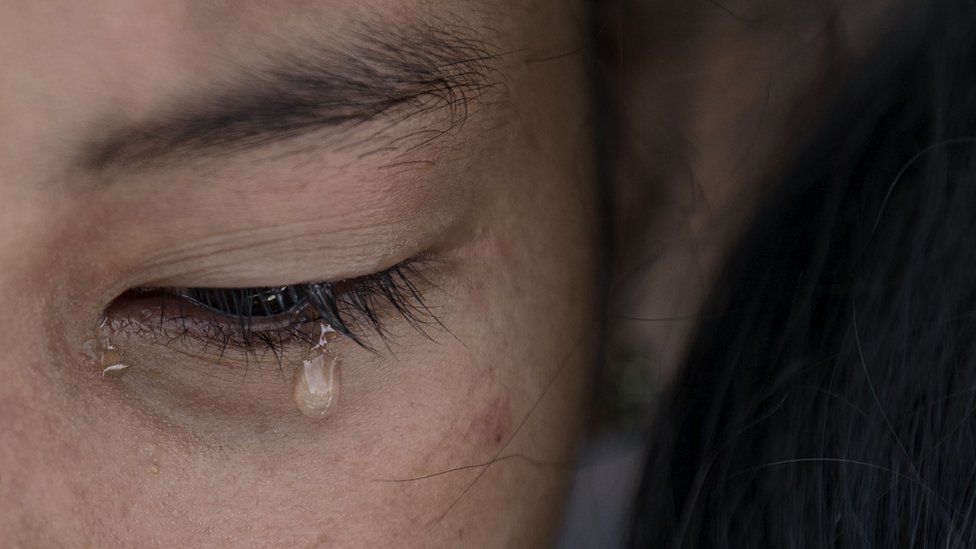
-

